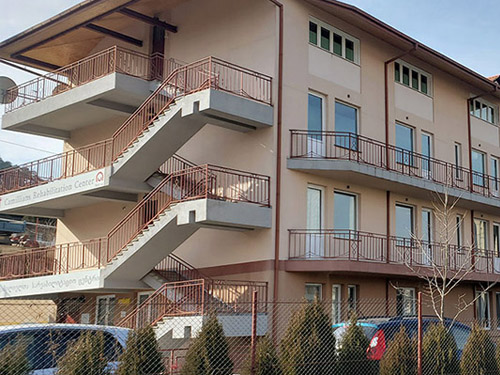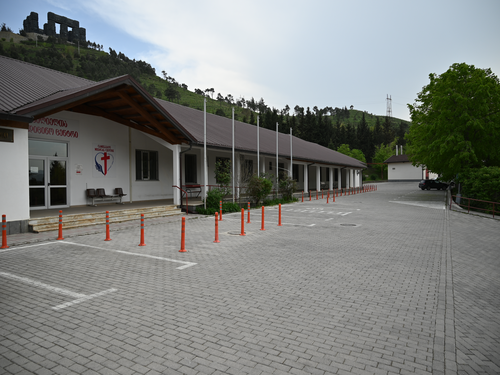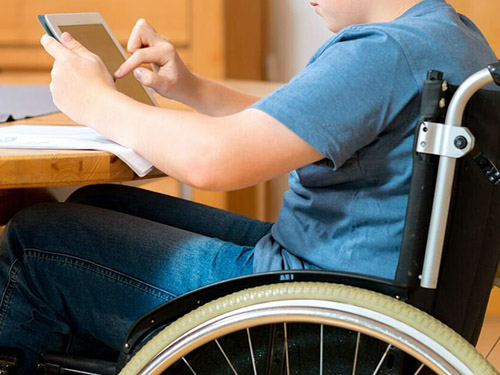
Bullying is unwanted, aggressive behaviour that is most common in school-age children. It can be verbal (e.g., making negative, derogatory comments, shouting, spreading rumours), or physical (e.g., hitting, throwing things). Boys are more likely to experience physical bullying, while girls are more likely to experience psychological bullying.
The most vulnerable children face a higher risk of being bullied. These are often children from communities that are marginalized, children from poor families, children with different gender identities, children with disabilities or migrant and refugee children.
Bullying can happen both in person or online. Cyberbullying often occurs over social media, SMS/text or instant message, email, or any online platform where children interact.
Often an abused child does not talk to their parents about their problems. However, there may be signs that the child is being bullied and needs support from adults. To identify these signs promptly, the parent should carefully monitor for changes in the child's behaviour.
Below are signs that may indicate child bully:
- Physical marks such as unexplained bruises, scratches, broken bones and healing wounds;
- Complaining of headaches, stomach aches or other physical ailments;
- The child does not talk about why or where lost toys, school supplies, clothing, food, or money;
- Low academic performance;
- Losing friends suddenly or avoiding social situations;
- Having very few friends has relationships with a limited number of children, or has no friends at all;
- Trying to stay near adults;
- Not sleeping well and maybe having nightmares;
- Being aggressive or having angry outbursts.
Bullying can have harmful and long-lasting consequences for children. Besides the physical effects of bullying, children may experience emotional and mental health problems. Unlike in-person bullying, cyberbullying can reach a victim anywhere, at any moment. It can cause profound harm, as it can quickly reach a wide audience and leave a permanent footprint online for all involved.
Repeated, long-term bullying can cause severe emotional harm to a child and negatively affect a child’s self-esteem. To avoid this, it is important to respond in a timely and correct manner, so consider the following recommendations:
Educate your children about bullying. Once they know what bullying is, your children will be able to identify it more easily, whether it is happening to them or someone else.
Determine if there really was a place for the bully. This is important for an adequate response. Bullying is not the same as one-time oppression. Bullying implies a higher level of ill-treatment. Bullying is always premeditated and it rarely happens only once.
Contact all persons responsible for the child. Inform the management of the school, kindergarten. A multidisciplinary approach is the best solution in such a situation.
Protect privacy. If you find out about a case of bullying, try as much as possible not to become a subject of public discussion. Your goal is not to retaliate against the oppressor, but to eliminate the existing problem as quickly and painlessly as possible.
Teach children to protect themselves. The first and foremost thing you need to explain to your child is to stay as calm as possible in response to the bully’s actions. Irritation of the child and the expression of a similar reaction may worsen the situation. It is better to make it clear what he is asking of them, for example: "Stop", "Enough". Try to talk to your children about this for as long as they do not feel confident enough.
If you think or know that your child is bullying other children, it’s important to remember that they may be acting out for several reasons. In some cases, bullies are themselves, victims or witnesses, to violence at home or in their community. The first step you should take to help your child stop bullying is communication - Understanding why your child is bullying. Are they feeling insecure at school? Are they fighting with a friend or sibling? If they are having trouble explaining their behaviour, you may choose to consult with a counsellor, social worker, or mental health professional who is trained to work with children.
You can consult the psychologists at the Camillians Rehabilitation Center.




